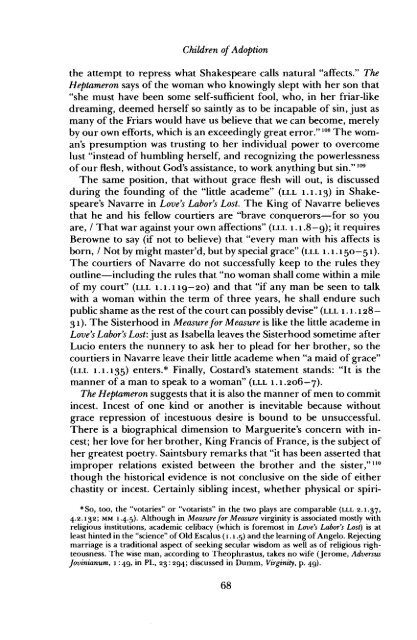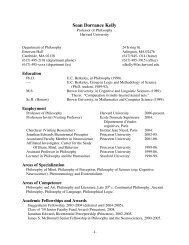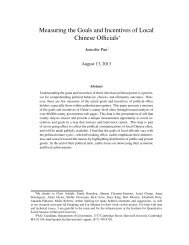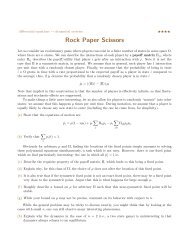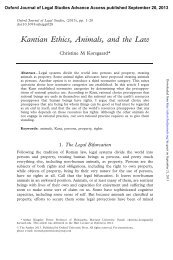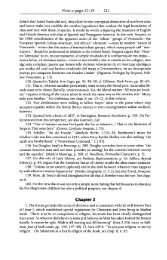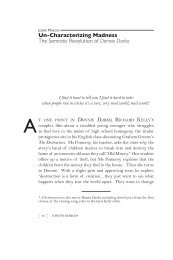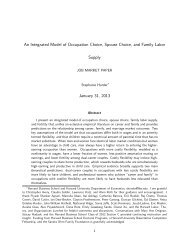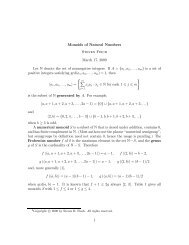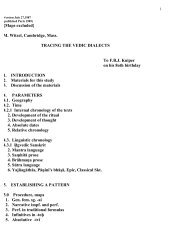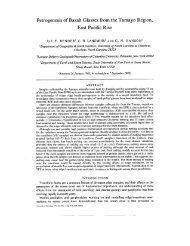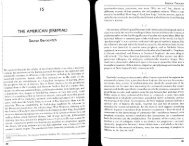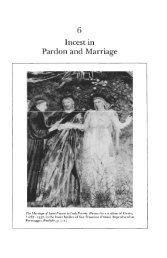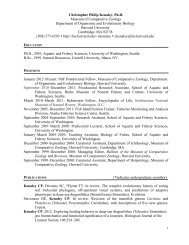Children of Adoption - People Fas Harvard
Children of Adoption - People Fas Harvard
Children of Adoption - People Fas Harvard
Create successful ePaper yourself
Turn your PDF publications into a flip-book with our unique Google optimized e-Paper software.
<strong>Children</strong> <strong>of</strong> <strong>Adoption</strong><br />
the attempt to repress what Shakespeare calls natural "affects." The<br />
Heptameron says <strong>of</strong> the woman who knowingly slept with her son that<br />
"she must have been some self-sufficient fool, who, in her friar-like<br />
dreaming, deemed herself so saintly as to be incapable <strong>of</strong> sin, just as<br />
many <strong>of</strong> the Friars would have us believe that we can become, merely<br />
by our own efforts, which is an exceedingly great error." The woman's<br />
presumption was trusting to her individual power to overcome<br />
lust "instead <strong>of</strong> humbling herself, and recognizing the powerlessness<br />
<strong>of</strong> our flesh, without God's assistance, to work anything but sin."L0g<br />
The same position, that without grace flesh will out, is discussed<br />
during the founding <strong>of</strong> the "little academe" (LLL 1.1.13) in Shakespeare's<br />
Navarre in Love's Labor's Lost. The King <strong>of</strong> Navarre believes<br />
that he and his fellow courtiers are "brave conquerors-for so you<br />
are, I That war against your own affections" (LLL 1.1.8-9); it requires<br />
Berowne to say (if not to believe) that "every man with his affects is<br />
born, I Not by might master'd, but by special grace" (LLL 1.1.150-5 1).<br />
The courtiers <strong>of</strong> Navarre do not successfully keep to the rules they<br />
outline-including the rules that "no woman shall come within a mile<br />
<strong>of</strong> my court" (LLL 1.1.119-20) and that "if any man be seen to talk<br />
with a woman within the term <strong>of</strong> three years, he shall endure such<br />
public shame as the rest <strong>of</strong> the court can possibly devise" (LLL 1.1.128-<br />
3 1). The Sisterhood in Memure for Memure is like the little academe in<br />
Love's Labor's Lost: just as Isabella leaves the Sisterhood sometime after<br />
Lucio enters the nunnery to ask her to plead for her brother, so the<br />
courtiers in Navarre leave their little academe when "a maid <strong>of</strong> grace"<br />
(LLL 1.1.135) enters.* Finally, Costard's statement stands: "It is the<br />
manner <strong>of</strong> a man to speak to a woman" (LLL 1.1.206-7).<br />
The Heptameron suggests that it is also the manner <strong>of</strong> men to commit<br />
incest. Incest <strong>of</strong> one kind or another is inevitable because without<br />
grace repression <strong>of</strong> incestuous desire is bound to be unsuccessful.<br />
There is a biographical dimension to Marguerite's concern with incest;<br />
her love for her brother, King Francis <strong>of</strong> France, is the subject <strong>of</strong><br />
her greatest poetry. Saintsbury remarks that "it has been asserted that<br />
improper relations existed between the brother and the sister,"IL0<br />
though the historical evidence is not conclusive on the side <strong>of</strong> either<br />
chastity or incest. Certainly sibling incest, whether physical or spiri-<br />
*So, too, the "votaries" or "votarists" in the two plays are comparable (LLL<br />
2.1.37,<br />
4.2.132; MM 1.4.5). Although in Measure for Measure virginity is associated mostly with<br />
religious institutions, academic celibacy (which is foremost in Love5 LubwS Lost) is at<br />
least hinted in the "science" <strong>of</strong> Old Escalus ( I. 1.5) and the learning <strong>of</strong> Angelo. Rejecting<br />
marriage is a traditional aspect <strong>of</strong> seeking secular wisdom as well as <strong>of</strong> religious righ-<br />
teousness. The wise man, according to Theophrastus, takes no wife (Jerome, Adversrrs<br />
Jovinianum, 1 : 49, in PL, 23 : 294; discussed in Dumm, Virginity, p. 49).


